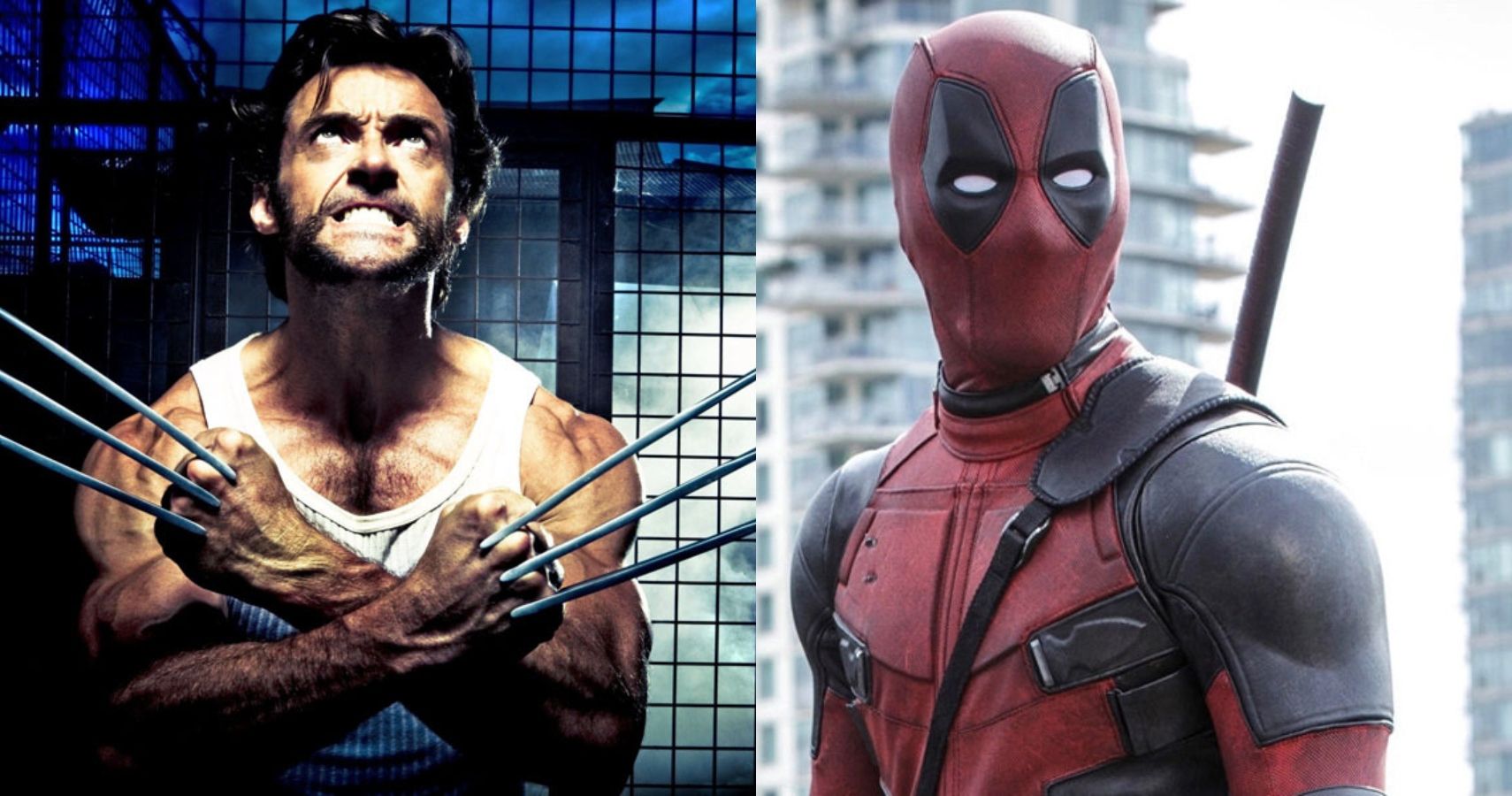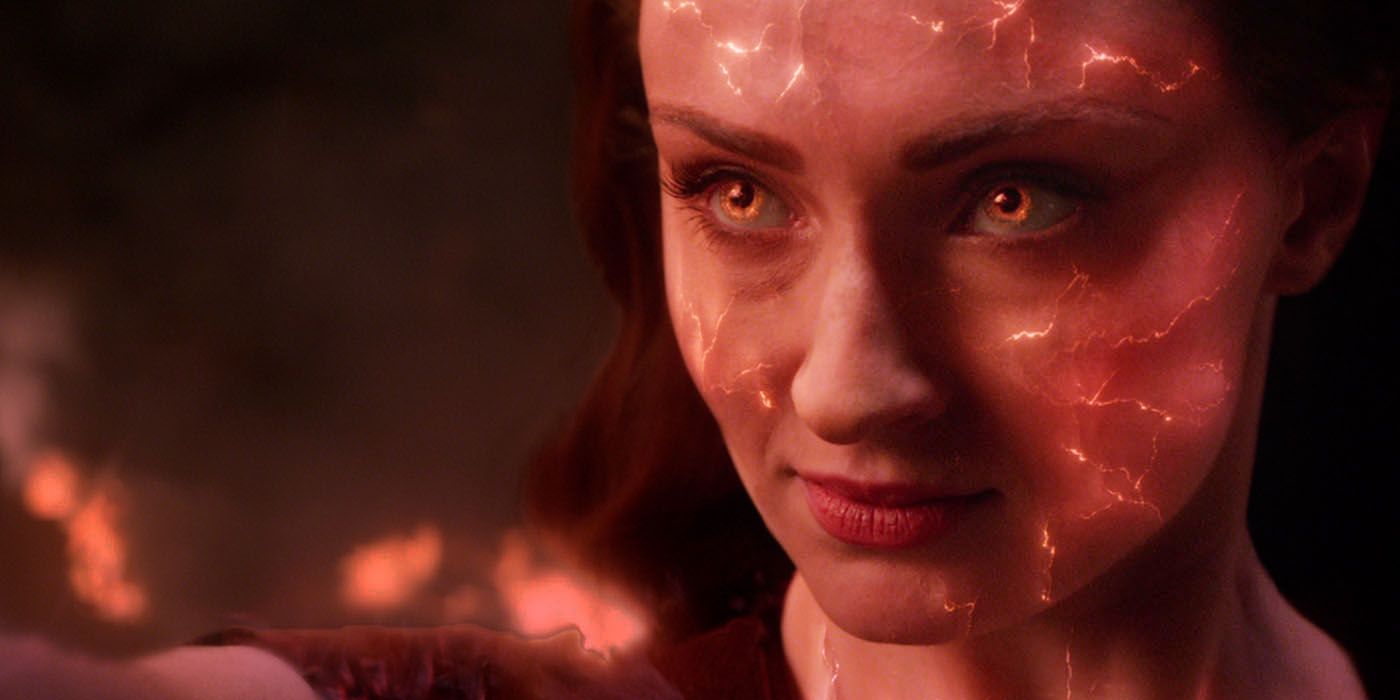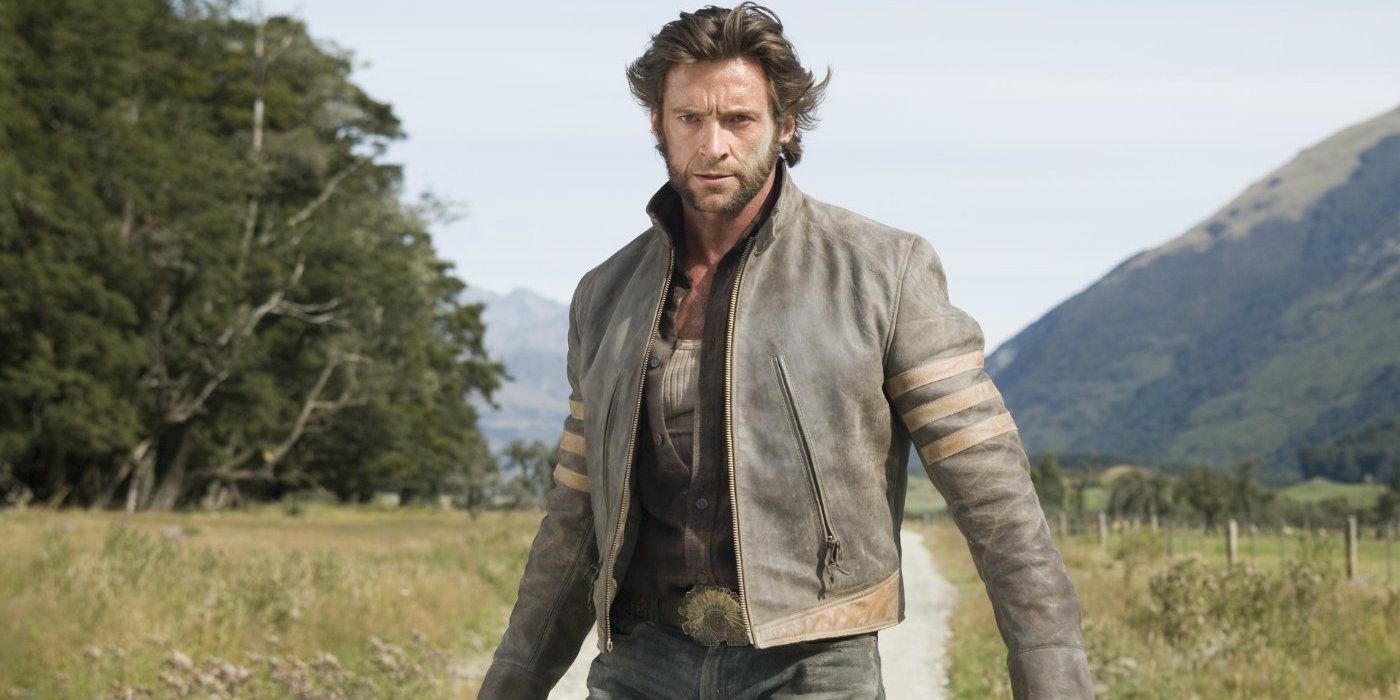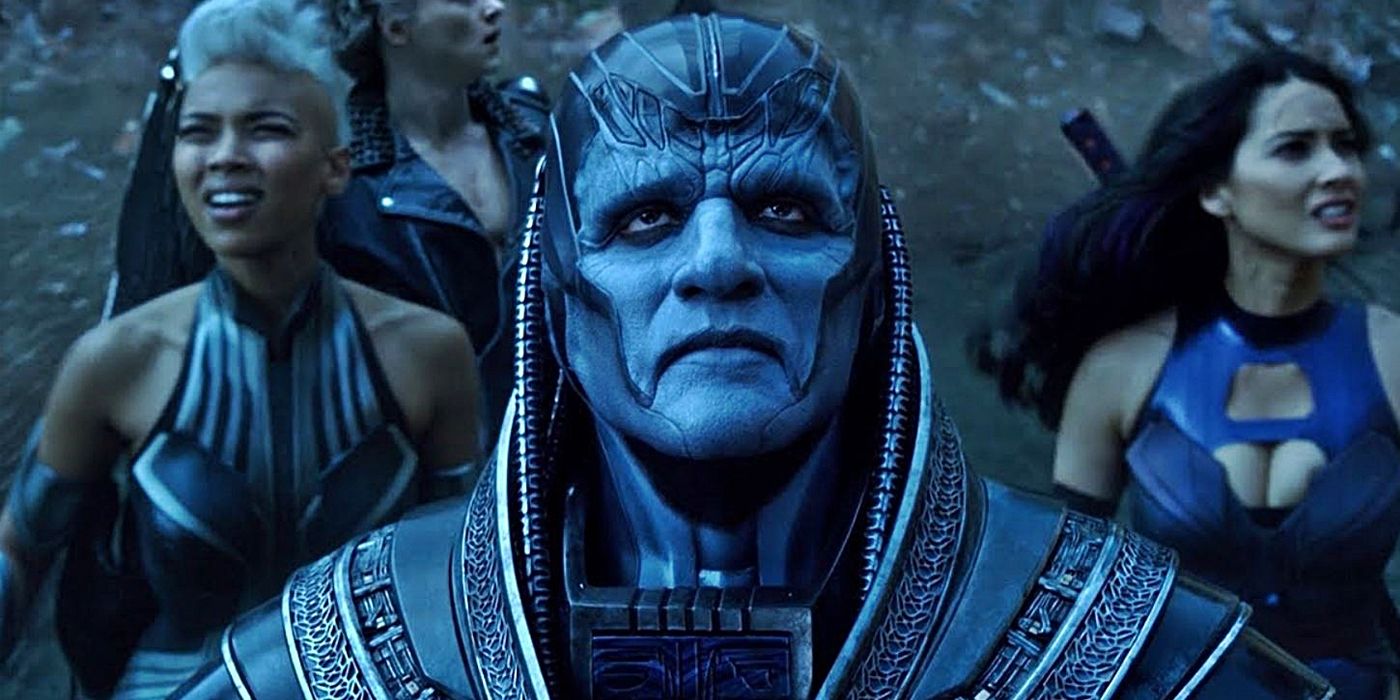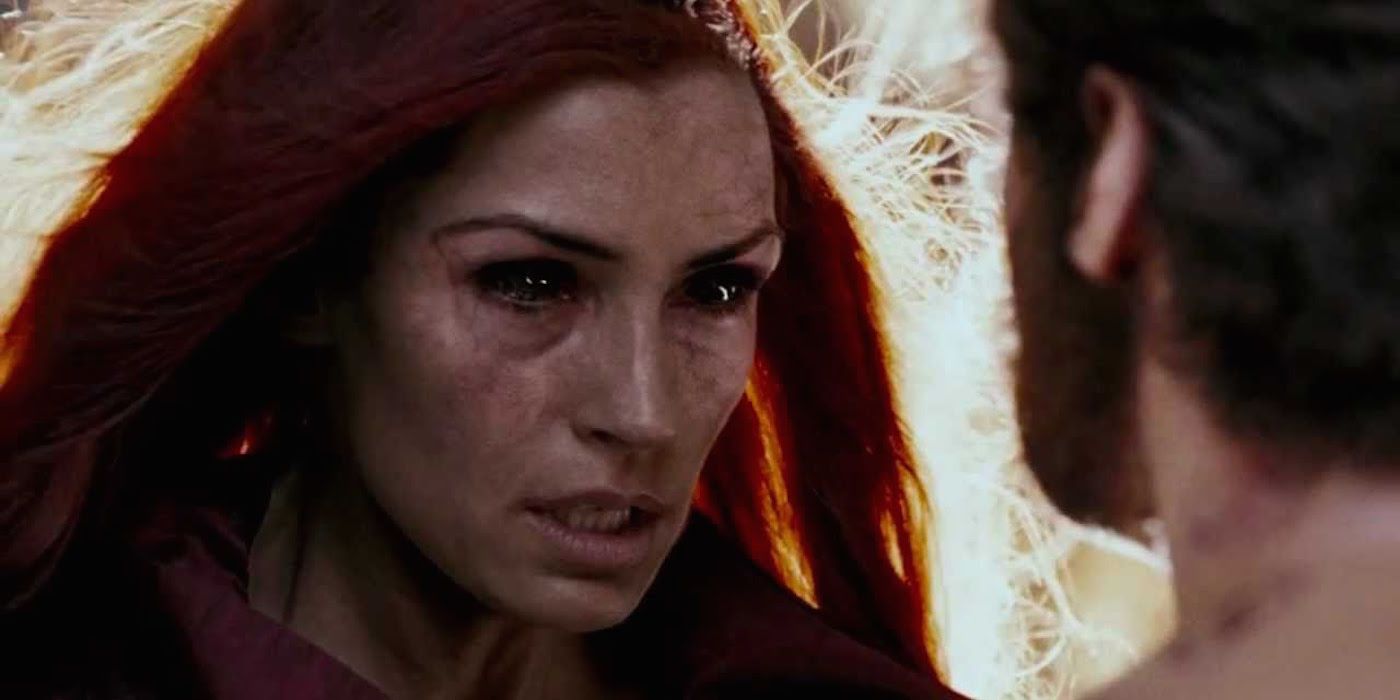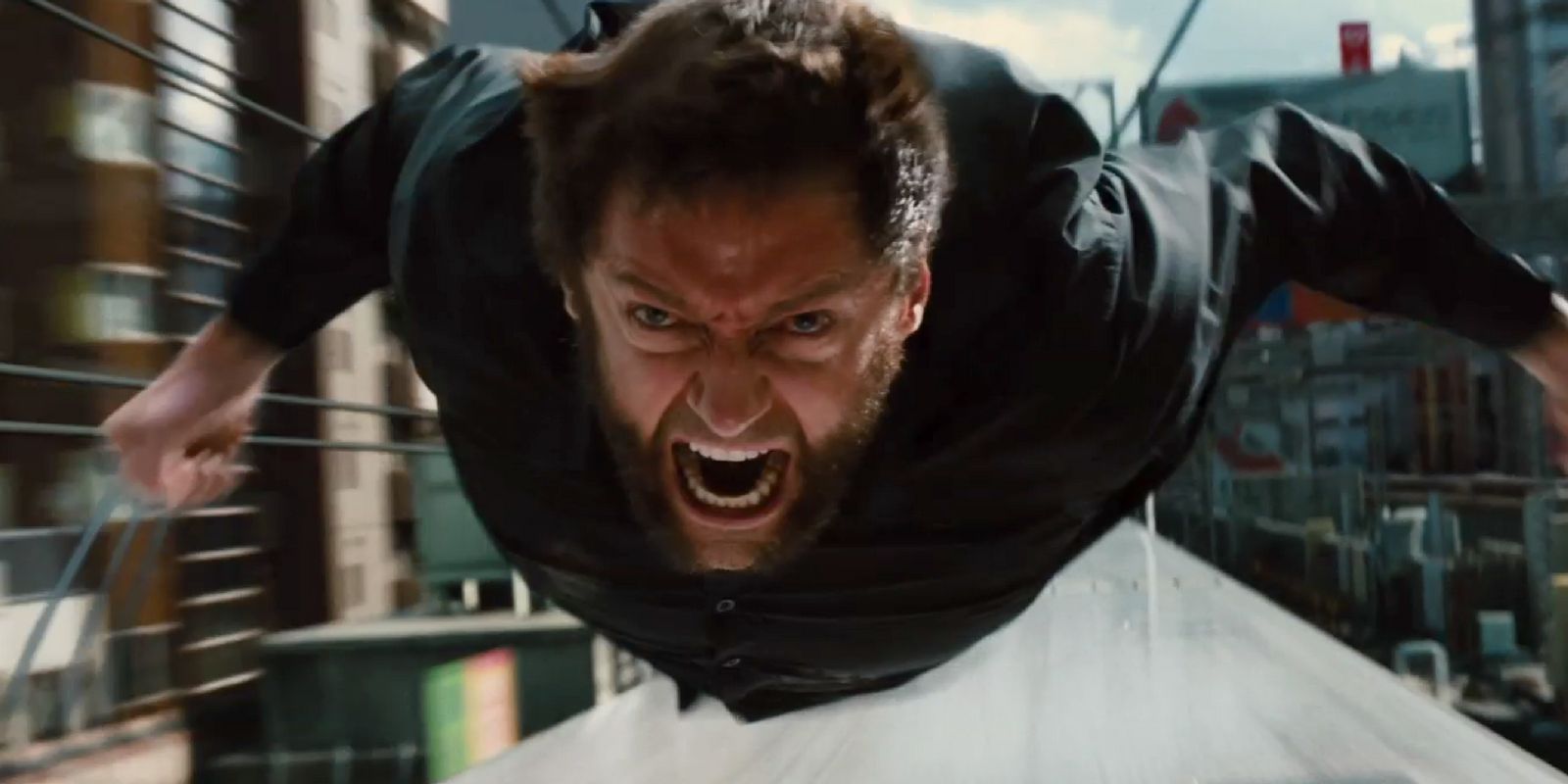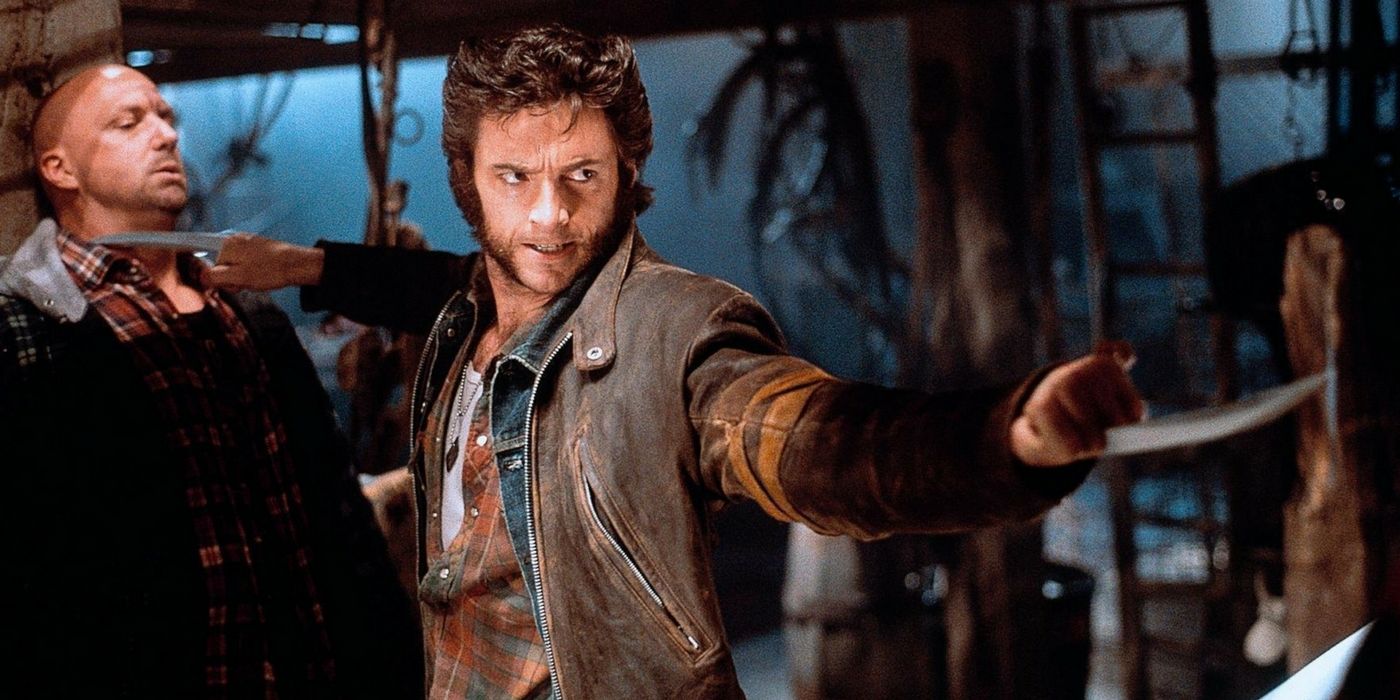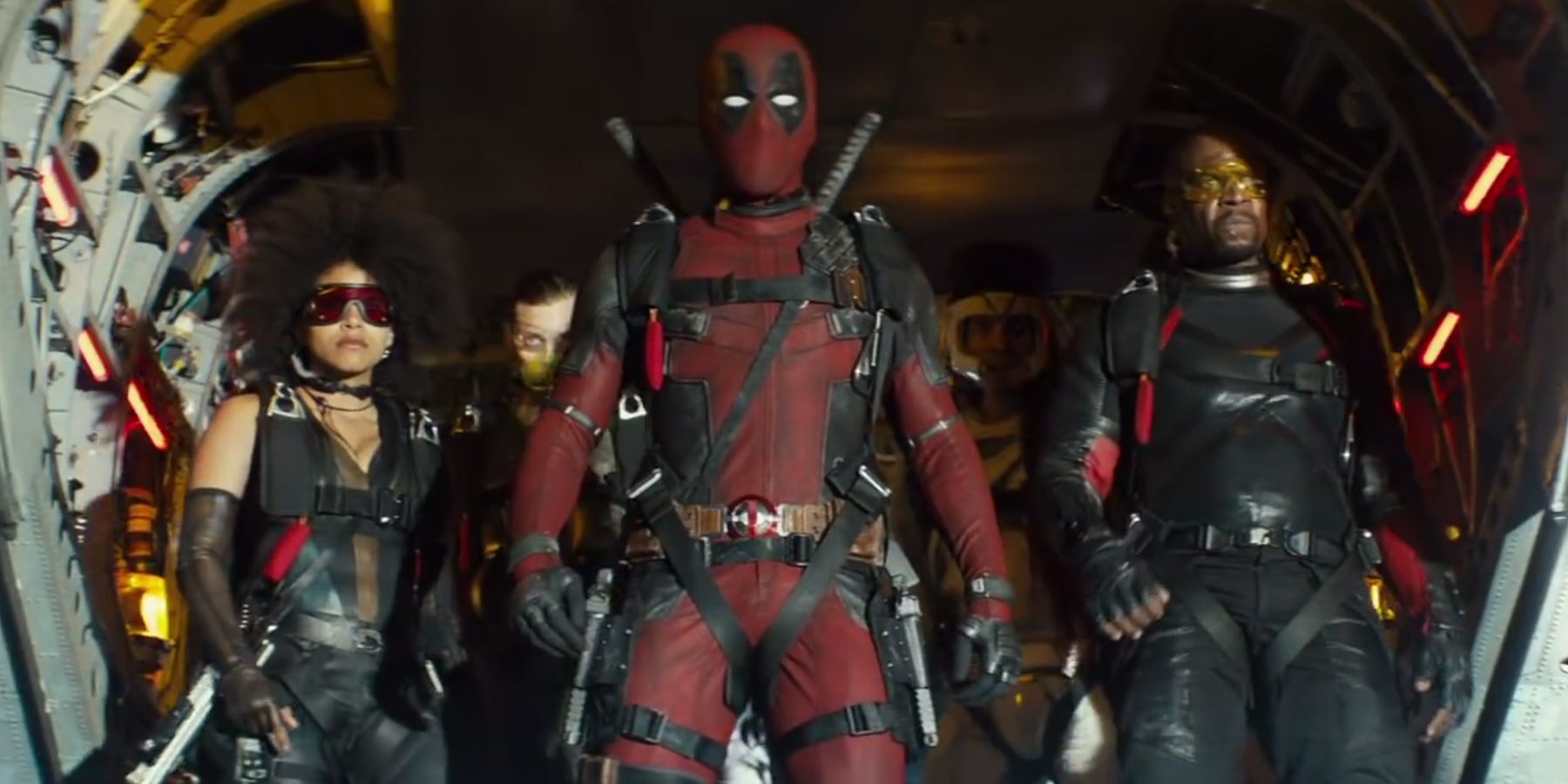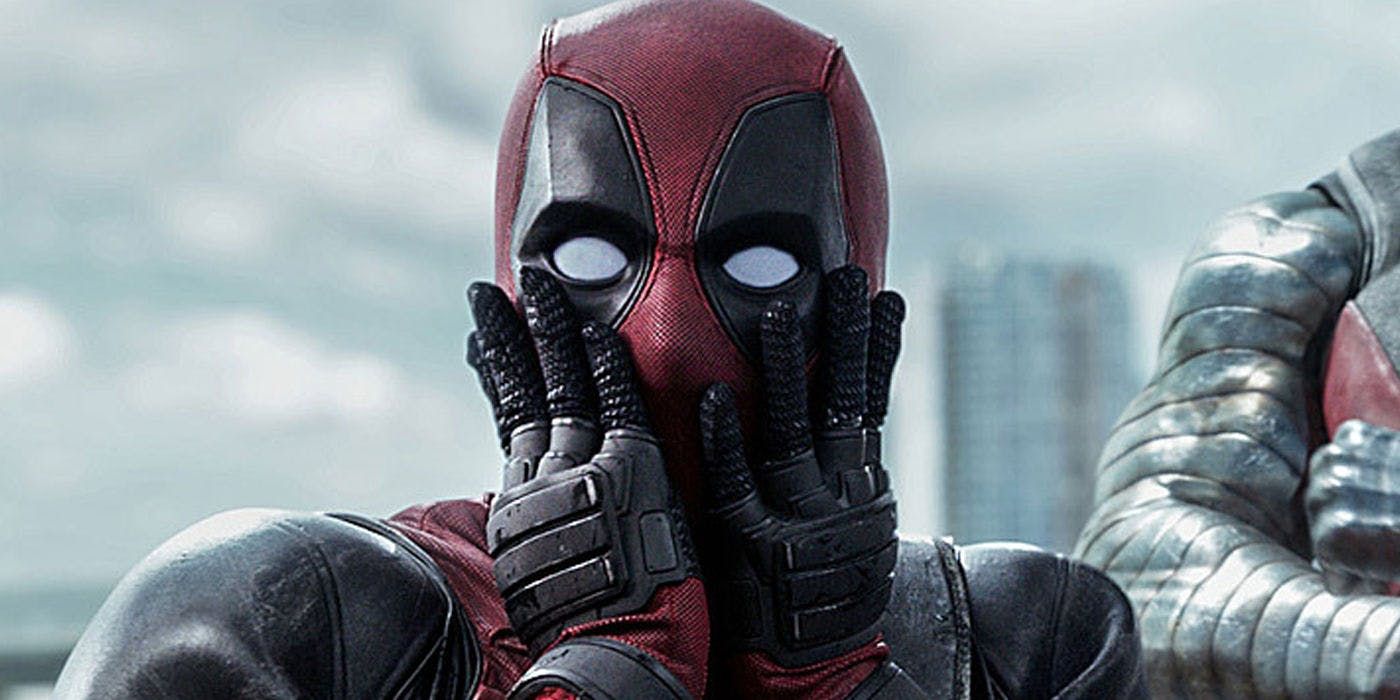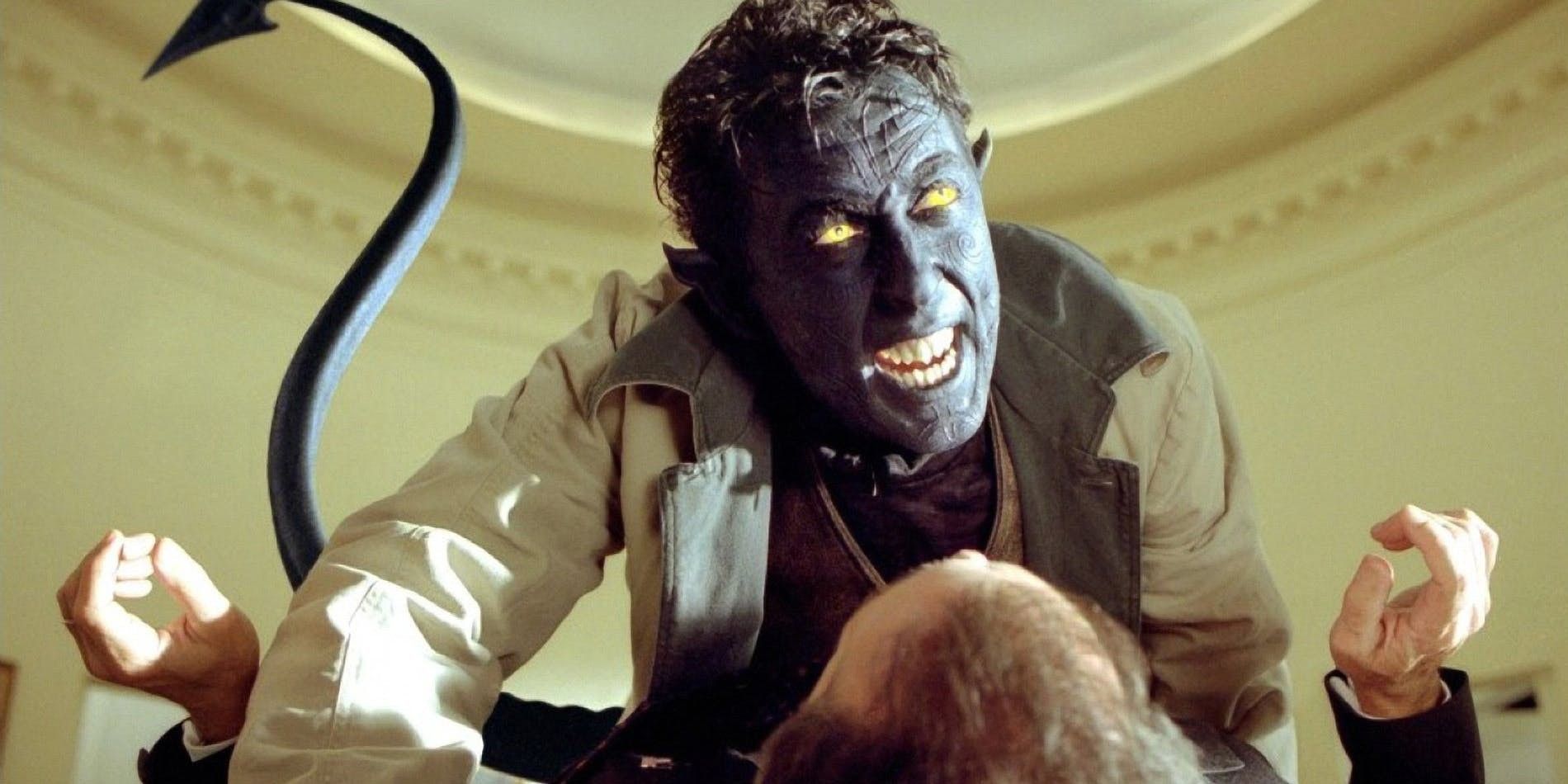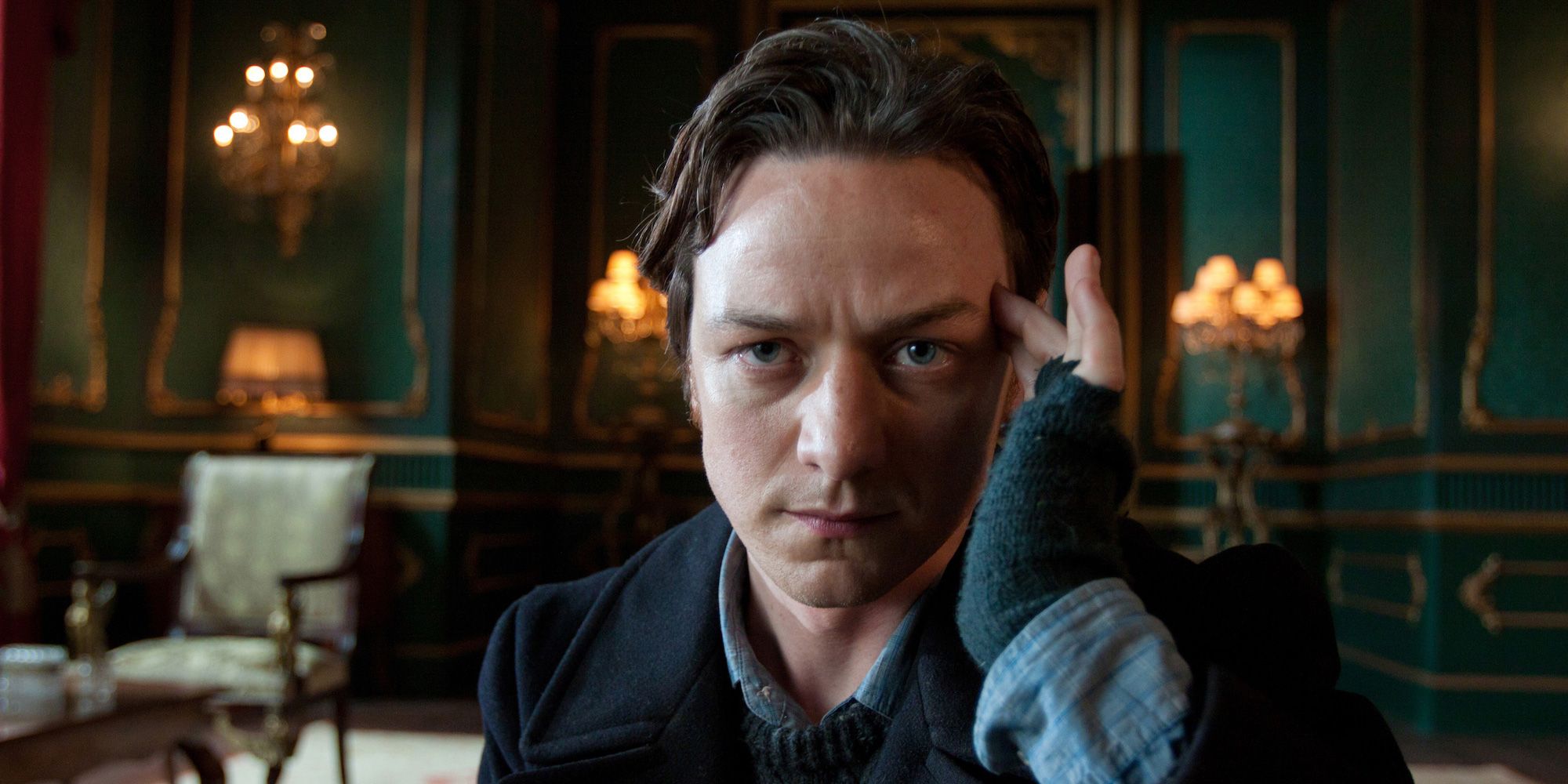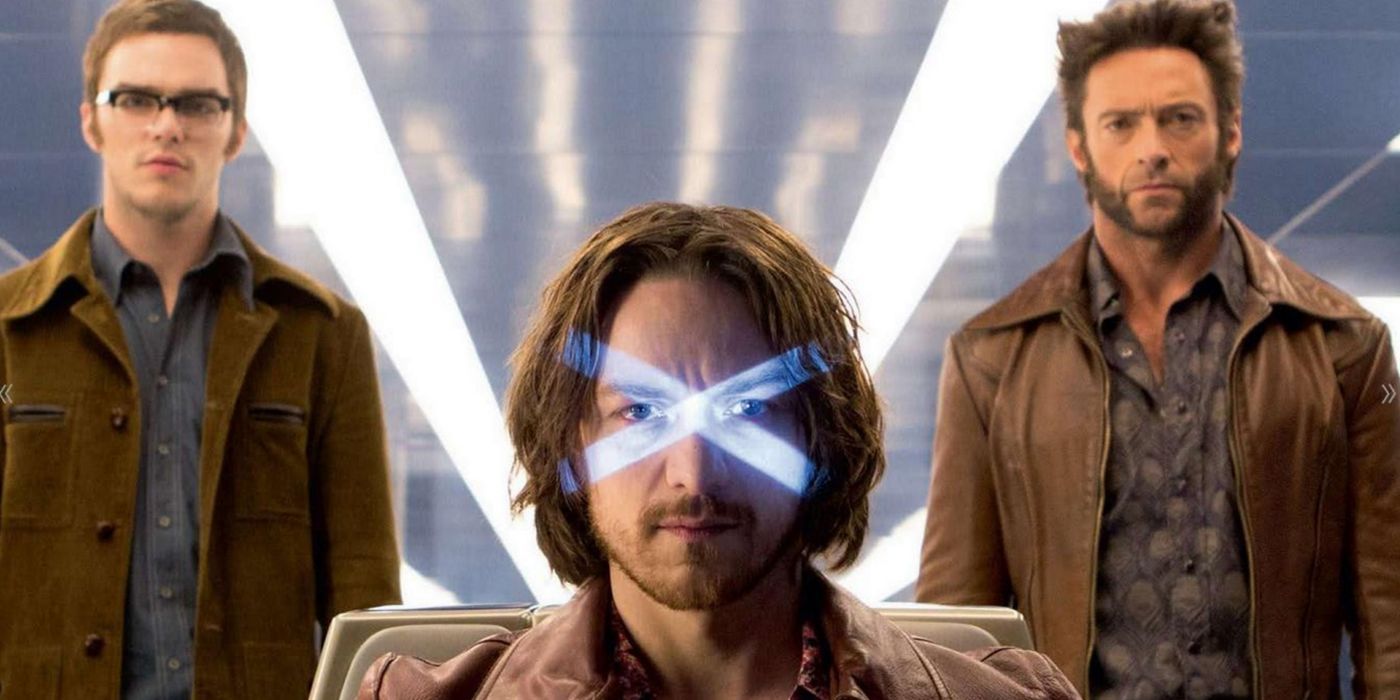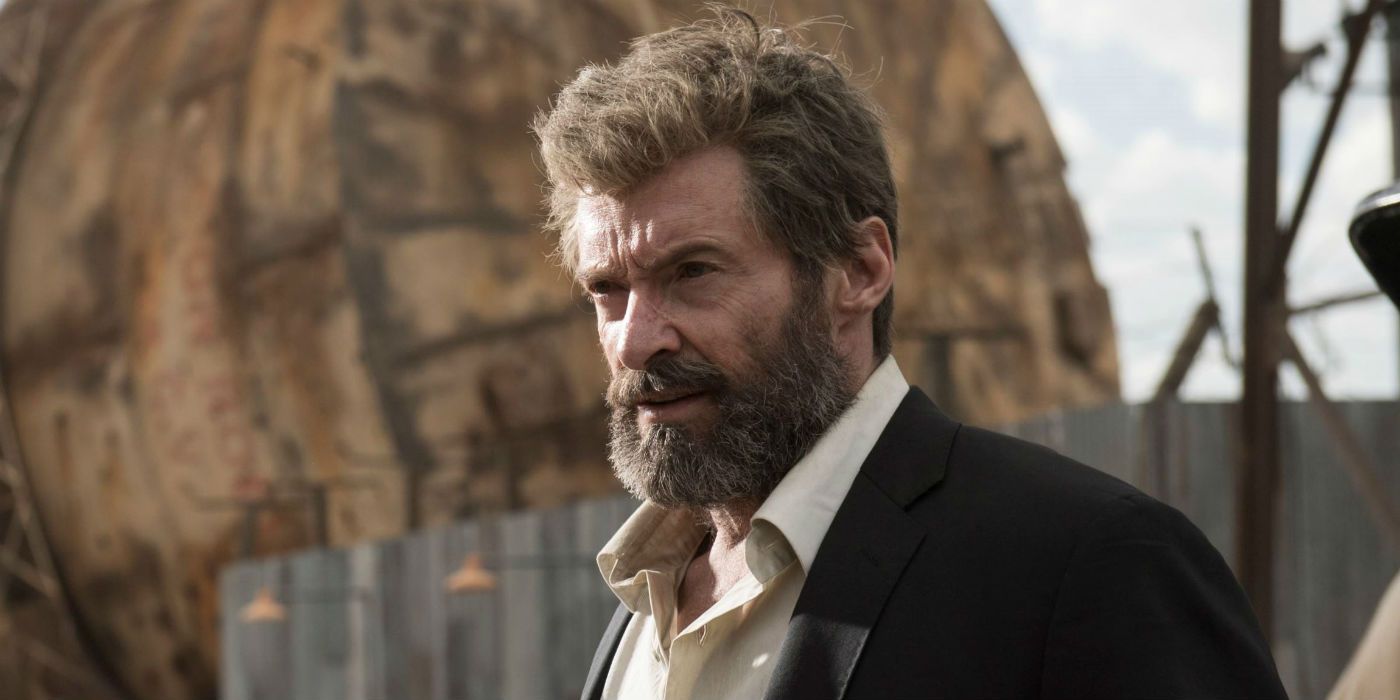The X-Men franchise that revitalized the comic book genre in 2000 and then spent the next two decades slowly dying finally came to an end this summer with the release of Dark Phoenix. The movie came as more of an afterthought, since a landmark merger between Fox and Disney had already gone through that made the film pretty much redundant.
It’s a shame that the franchise will probably be remembered as a failure because it did produce some really great movies over the years, one of them even being an Academy Award nominee. With that in mind, here is Every X-Men movie, ranked by Rotten Tomatoes score.
Dark Phoenix (23%)
They say the worst thing you can give a first-time director is a lot of money, because they cut creative corners by shoving money at every problem. A case in point for this is Simon Kinberg’s directorial debut Dark Phoenix, the slow and quiet death of Fox’s X-Men franchise. This was the series’ second adaptation of the classic comic book storyline “The Dark Phoenix Saga,” and it was just as bad and mishandled as the first one.
Most fans didn’t even bother with it, because Disney had acquired 21st Century Fox and the X-Men were headed to the MCU, so nothing that happening in Dark Phoenix had any meaning.
X-Men Origins: Wolverine (37%)
The Jaws franchise began with a movie that’s considered to be one of the greatest of all time and ended with a movie that’s considered to be one of the worst of all time. Wolverine’s solo trilogy in the X-Men franchise had the exact opposite trajectory. While its final chapter would become a deserving Oscar nominee, the first film – which was expected to be the first in a long line of X-Men Origins spin-offs and failed so badly that it remained the only one – was a disaster.
Yeah, it has all the loud action sequences and explosions you can want in a superhero blockbuster, but it has no brains or emotional attachment. It’s just empty, expensive action – and with a PG-13 rating, it’s completely without edge.
X-Men: Apocalypse (47%)
With X-Men: Apocalypse, Fox continued to push a younger generation of X-Men onto an audience that simply didn’t care about them. Actors like Sophie Turner and Tye Sheridan are fine performers, but their versions of classic X-Men characters simply weren’t written into these movies (particularly this one) as interesting and complex as they are in the comics.
Due to Marvel understanding their own characters, we’ll probably get rebooted versions of these characters that do the source material justice when they’re introduced into the MCU in the coming years. Unfortunately, X-Men: Apocalypse is just another nail in the latter-day franchise’s coffin.
X-Men: The Last Stand (57%)
Bryan Singer brought a thoughtful sense of allegory to the first two X-Men movies, elevating them above typical Hollywood blockbuster fare by using mutants as a stand-in for every marginalized minority group, but Brett Ratner threw that subtlety out the window when Singer left the franchise and he took over the threequel.
Where the earlier movies were cerebral and thought-provoking as well as bombastic spectacles, this one was just laughable, with lines like “I’m the Juggernaut, b****!” becoming popular memes. With ham-fisted social commentary a monkey could understand and action sequences that come off as a visual mess, The Last Stand is an unequivocal failure.
The Wolverine (71%)
While James Mangold’s first take on the Wolverine character wasn’t the Oscar-worthy cinematic masterwork that his second one would be, it’s far better than the average superhero smash-‘em-up. Mangold works within the boundaries of the PG-13 rating to give us bloodless, yet still visceral and ultraviolent action sequences (the fight atop a speeding bullet train is an all-time franchise highlight).
The switch to a Japanese setting makes this a true standalone story, with some breathtaking visuals drawing on the most beautiful parts of one of the most beautiful countries in the world. Mangold’s second Wolvie movie, Logan, would make the lead character a western hero in the mold of Shane, but in The Wolverine, he’s framed as a grizzled, battle-hardened samurai.
X-Men (81%)
When the first X-Men movie came out, comic book films were still considered to be a risk by studios. Superheroes were thought to appeal only to nerds and not to mainstream audiences. If this one hadn’t been great, or struck a chord with audiences, then there’s a good chance the superhero genre would have remained obscure and risky and we wouldn’t have the MCU or Christopher Nolan’s Dark Knight trilogy.
So, for that, moviegoers owe a lot to the first X-Men movie. And to be fair, considering it was going in blind with no set template for superhero team-up movies, it did a fantastic job.
Deadpool 2 (83%)
Deadpool 2 faced the same problem as Guardians of the Galaxy Vol. 2 in that the first one set such a unique tone and felt like such a refreshing change of pace that there was no way a sequel could live up to it. It could be as fun as the first one, but inevitably, it wouldn’t feel as original or surprising. However, with Ryan Reynolds taking a more hands-on approach with a co-writing credit and John Wick’s David Leitch bringing a more visceral directorial style to the action,
Deadpool 2 was a spectacle to behold. With sequences like the X-Force’s one-by-one quick succession of deaths and the Juggernaut’s surprise appearance, Deadpool 2 managed to keep audiences on their feet as much as the first one, if not more.
Deadpool (84%)
The fact that this movie even got made is impressive in and of itself. A major studio funded a superhero blockbuster with an R rating and a relatively obscure lead character who constantly talks to the camera, acknowledges that he’s in a movie, and includes at least one curse word in every single line of his dialogue.
Compared to the studio-friendly PG-13 version of ‘Pool from X-Men Origins: Wolverine, this infinitely more faithful version achieved from creative control given to super-fan Ryan Reynolds and his team came as a breath of fresh air. It’s a delightfully postmodern deconstruction of the superhero blockbuster.
X2 (85%)
X2 was the first in a long line of superhero sequels that outdid their predecessors by going bigger and better (and not getting bogged down in the need to tell yet another origin story), later joined by Spider-Man 2, The Dark Knight, and Captain America: The Winter Soldier.
Also, fracturing the team with a major event like the destruction of Xavier’s school (the threat of which would later be softened by the fact that a bunch of other X-Men movies blew up the school after it) and sending them off in separate groups before uniting them for a final battle would later be adopted by other ensemble superhero epics like Avengers: Infinity War and its sequel.
X-Men: First Class (86%)
Matthew Vaughn’s prequel X-Men: First Class was a sort of soft reboot of the franchise following the devastating impact of The Last Stand. It’s a far better movie than The Last Stand, and a return to form for the series. The problem with First Class lies in the fact that, by going back into the past, it recast all the main roles, and they’d already been perfectly cast.
Patrick Stewart, Ian McKellen, Halle Berry, Hugh Jackman – the early films had an immense wealth of talent. So, while James McAvoy, Jennifer Lawrence, and Michael Fassbender are all fantastic actors, X-Men fans couldn’t shake the fact that they undeniably preferred the original cast.
X-Men: Days of Future Past (90%)
The brass at 20th Century Fox noted the audience’s rejection of the younger cast in First Class when it came to making the sequel by incorporating time travel elements to allow the older actors to co-exist with the younger actors – and placing a heavy emphasis on Hugh Jackman’s Wolverine, who let’s face it, is most of the reason why people like these movies.
Unfortunately, after fixing everything that was wrong with First Class with Days of Future Past, Fox went back to old habits by forcing the younger cast on audiences in Apocalypse and, well, we all know how that turned out. The time travel storyline in Days of Future Past is interesting, because it offers a less “science”-based take on the concept than we’ve seen before.
Logan (93%)
With Logan, Hugh Jackman was hanging up the adamantium claws for good after nearly two decades of playing Wolverine, and James Mangold gave the character a fitting send-off. In a glorious plot inspired by Shane, an older, weaker Wolvie reluctantly returns for one final act of superheroism in order to save some kids – one of whom is his cloned daughter – from the kind of torturous experimentation he endured in the Weapon X program.
Plus, with the movie’s R rating, we finally got a cinematic depiction of Wolverine that’s as bloody and graphic as the comics – no quick, confusing camera pans to avoid the gore or bloodless impalements.

